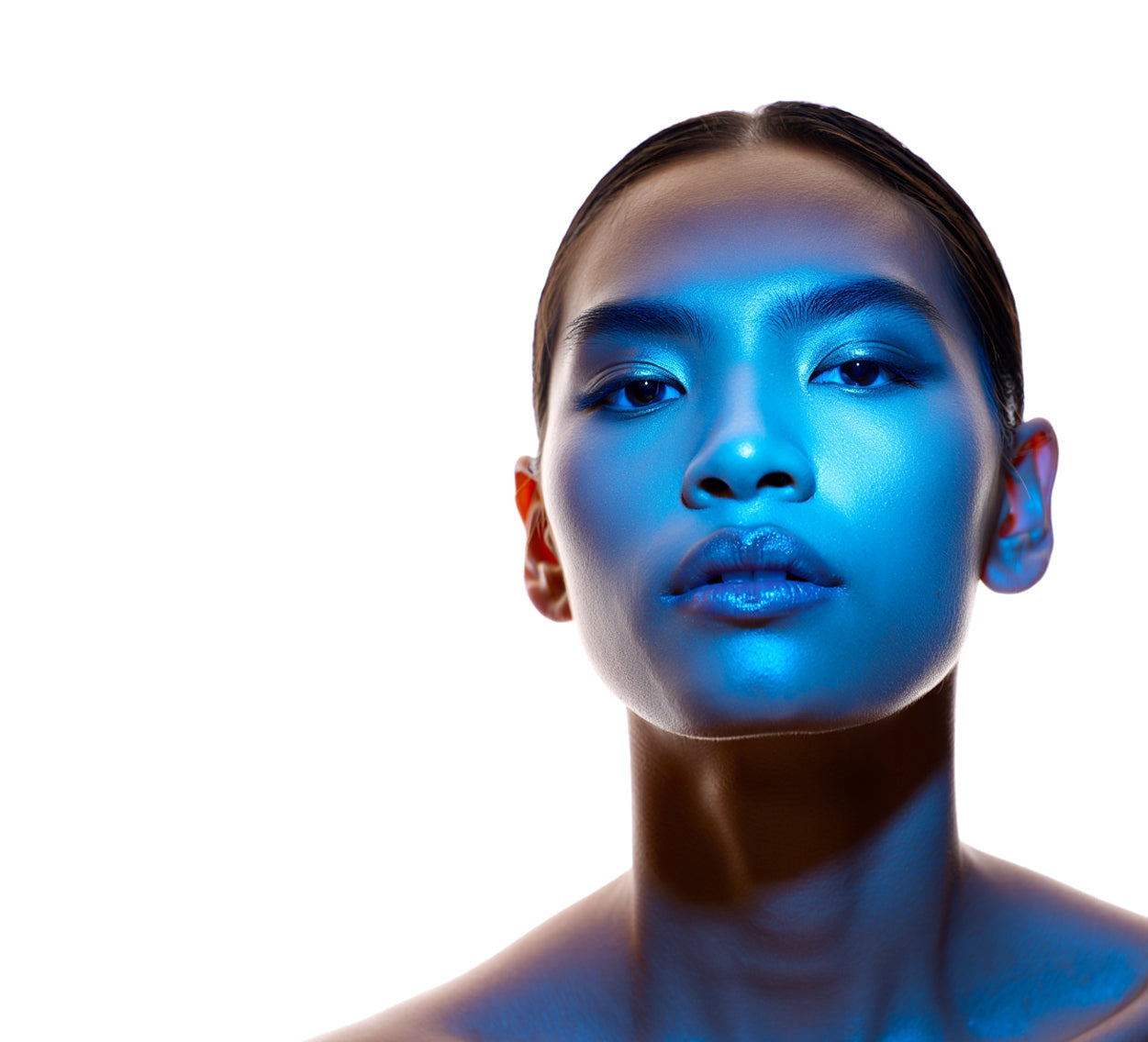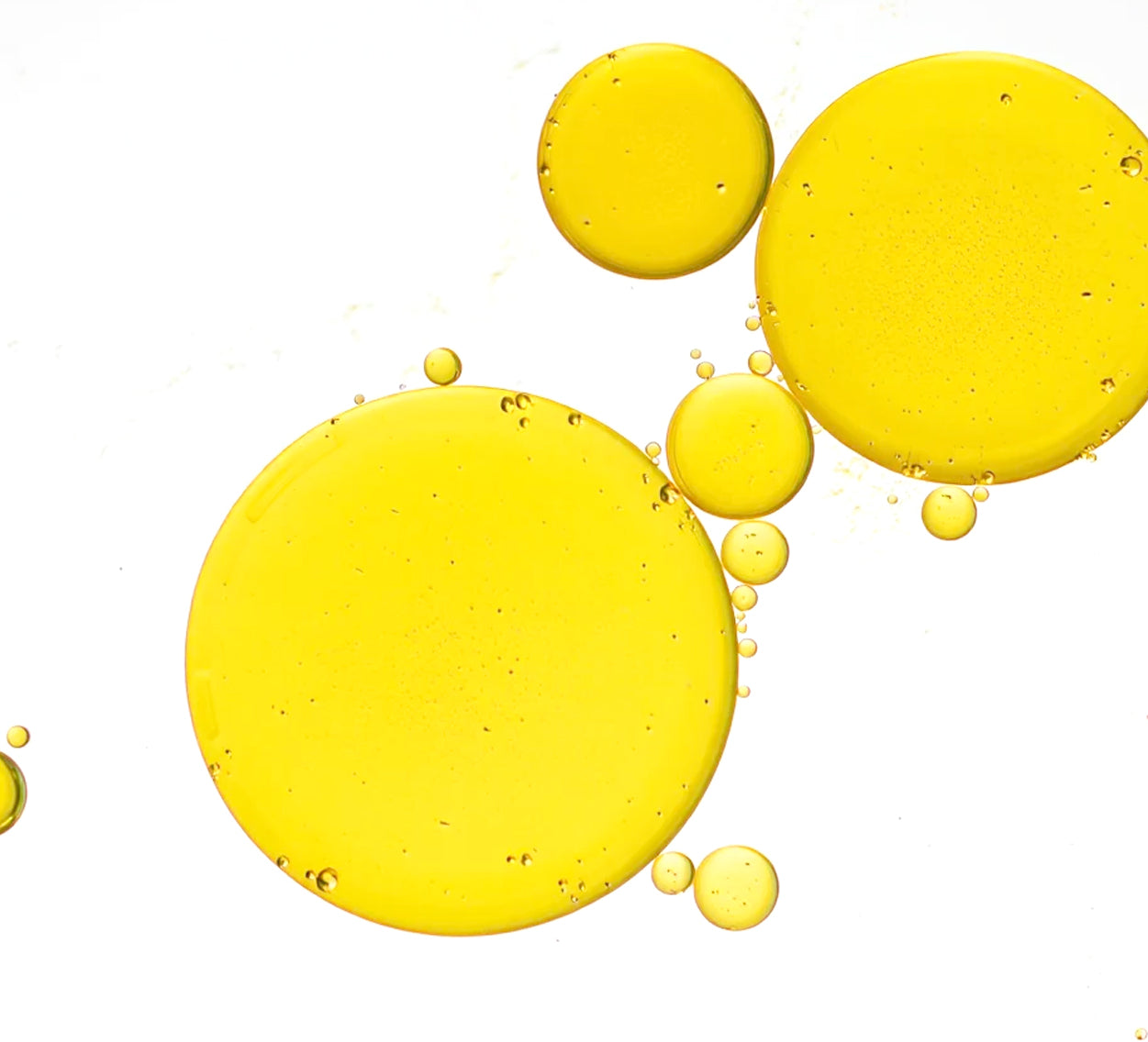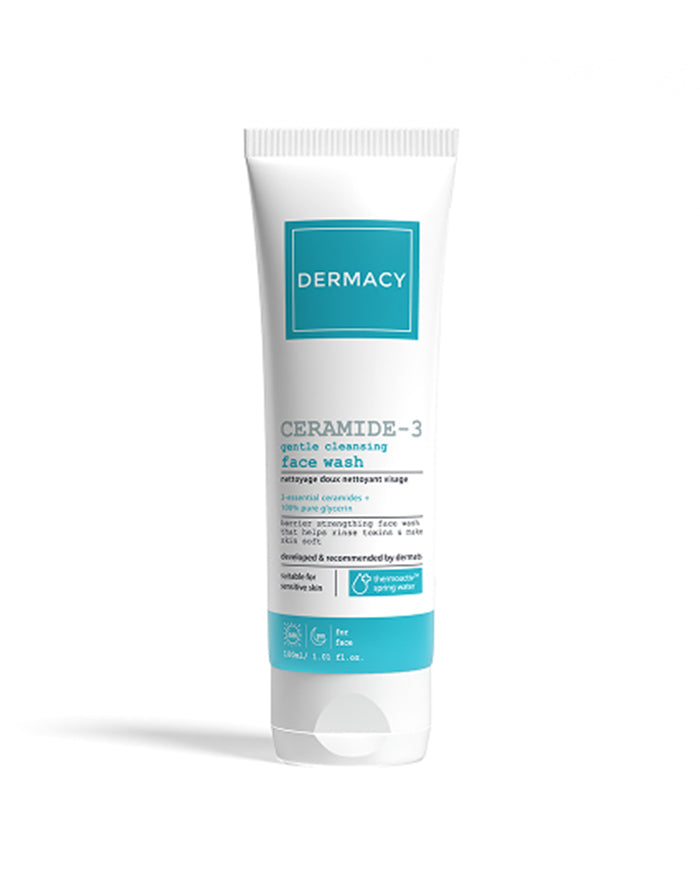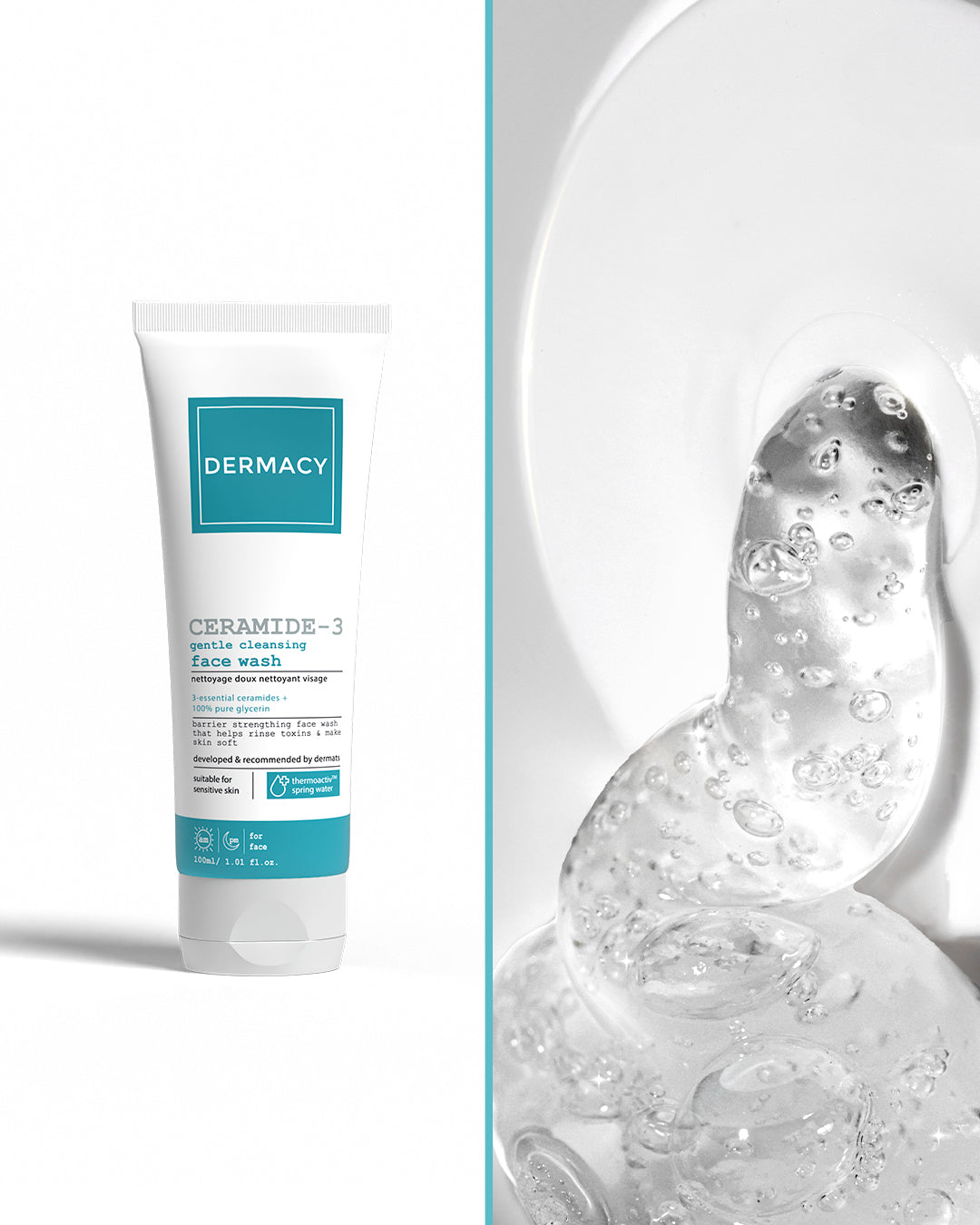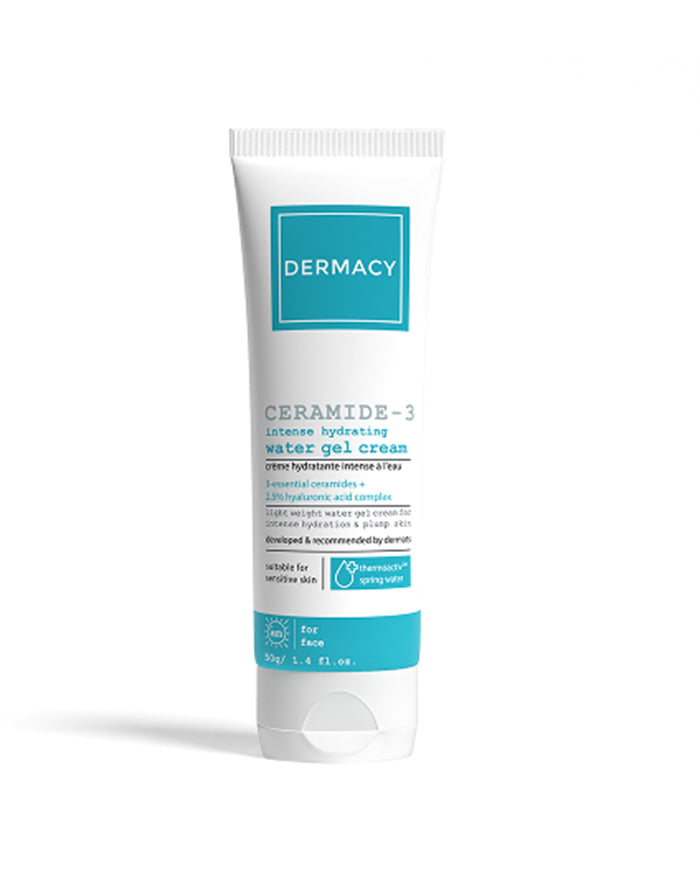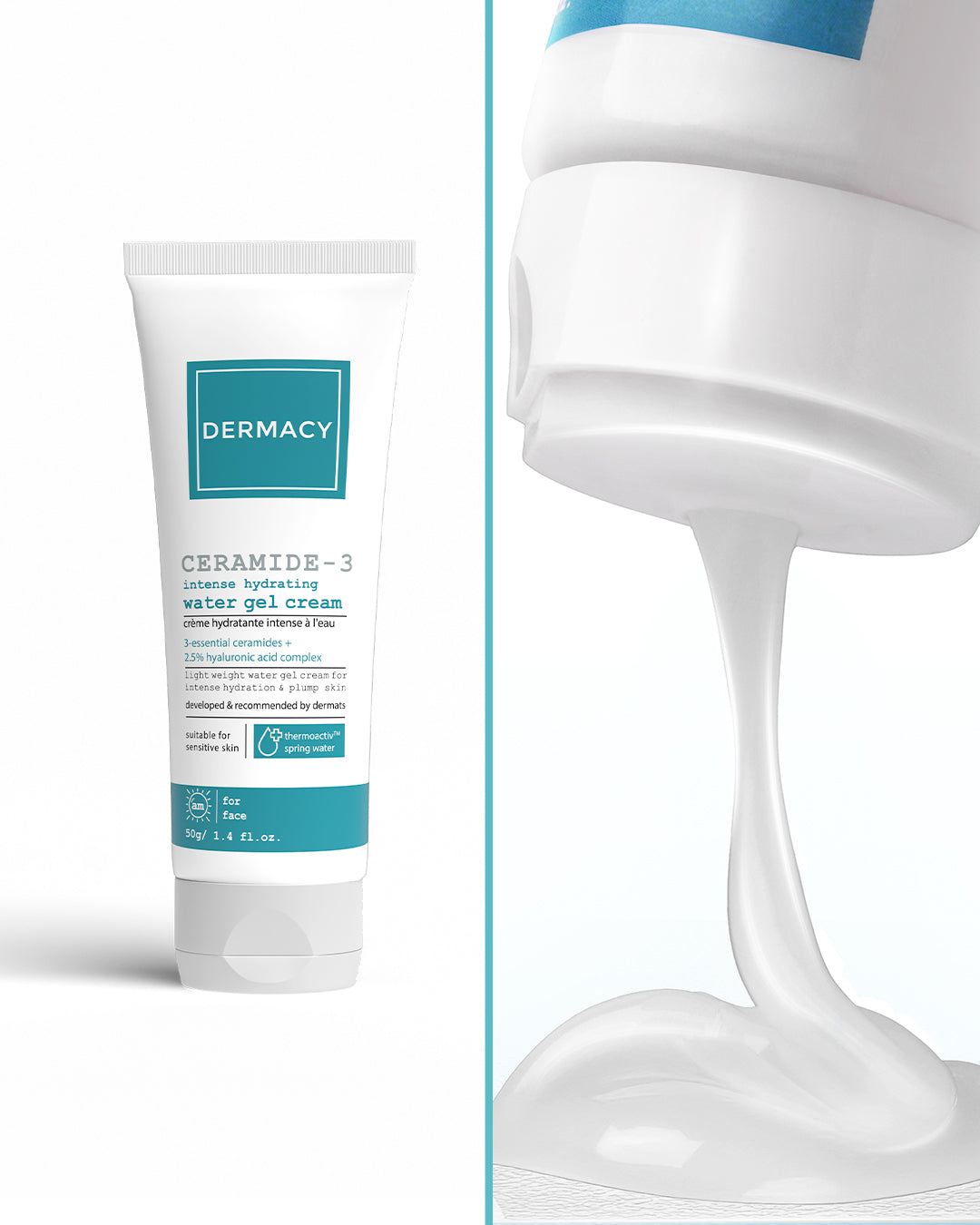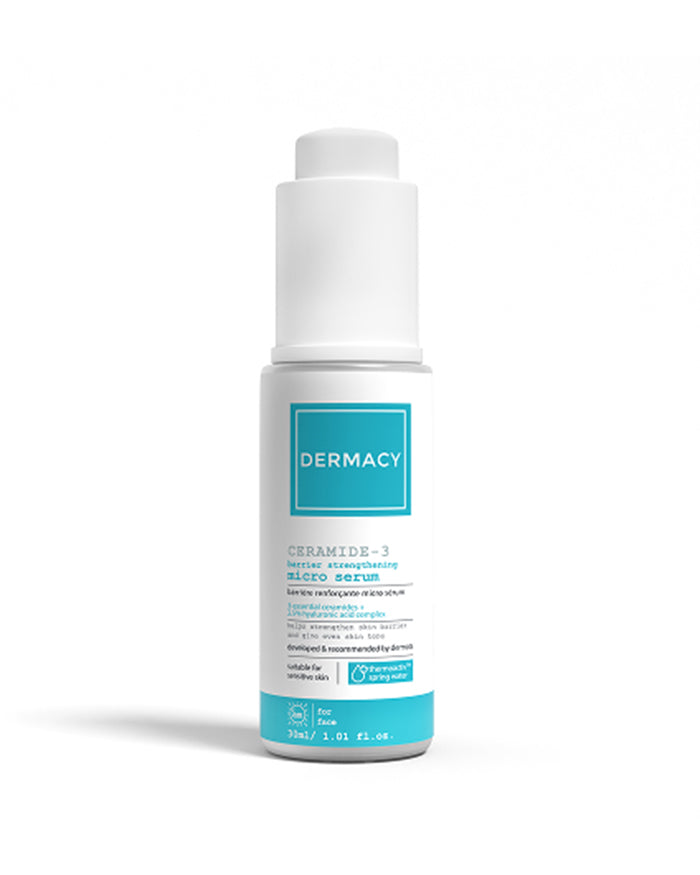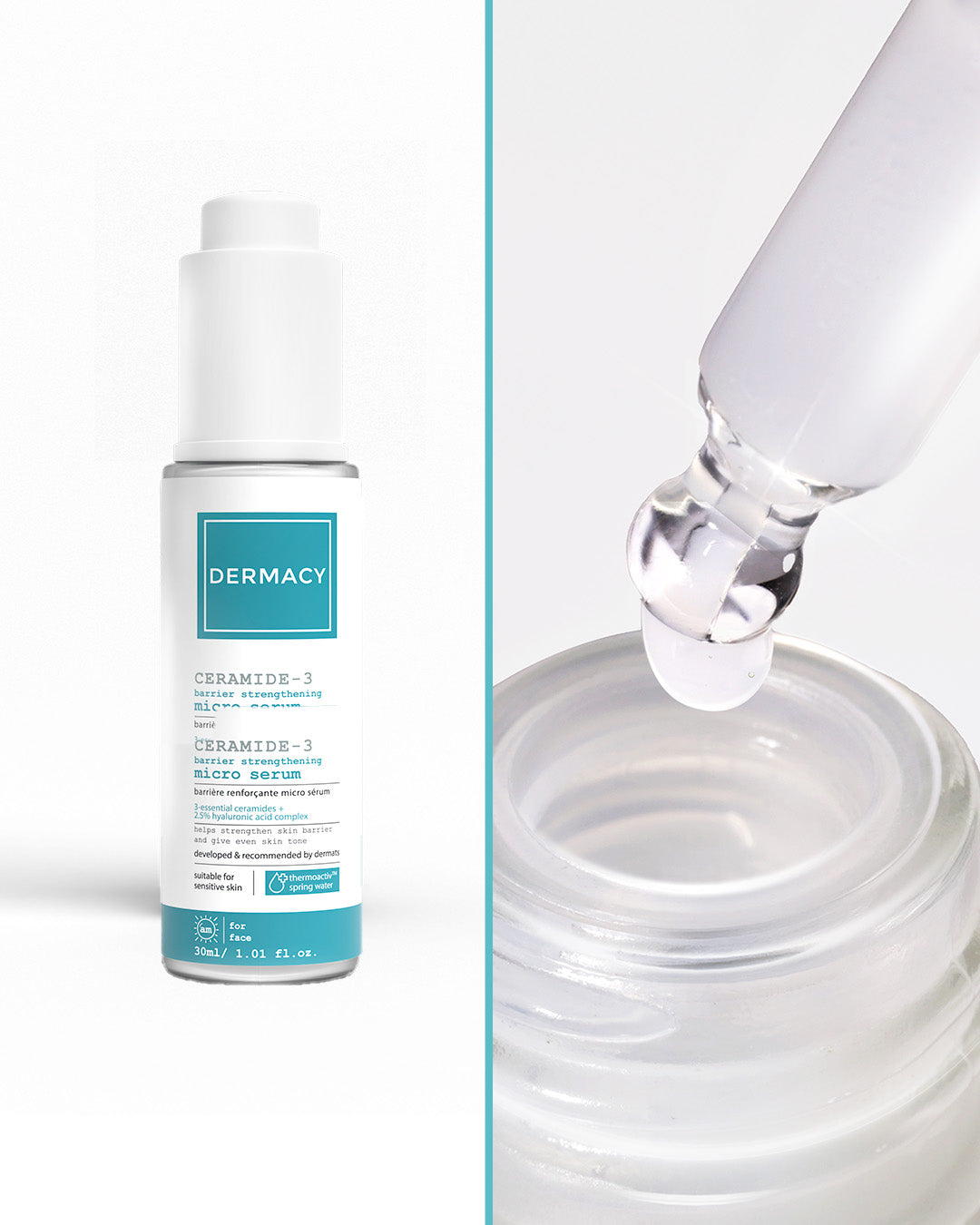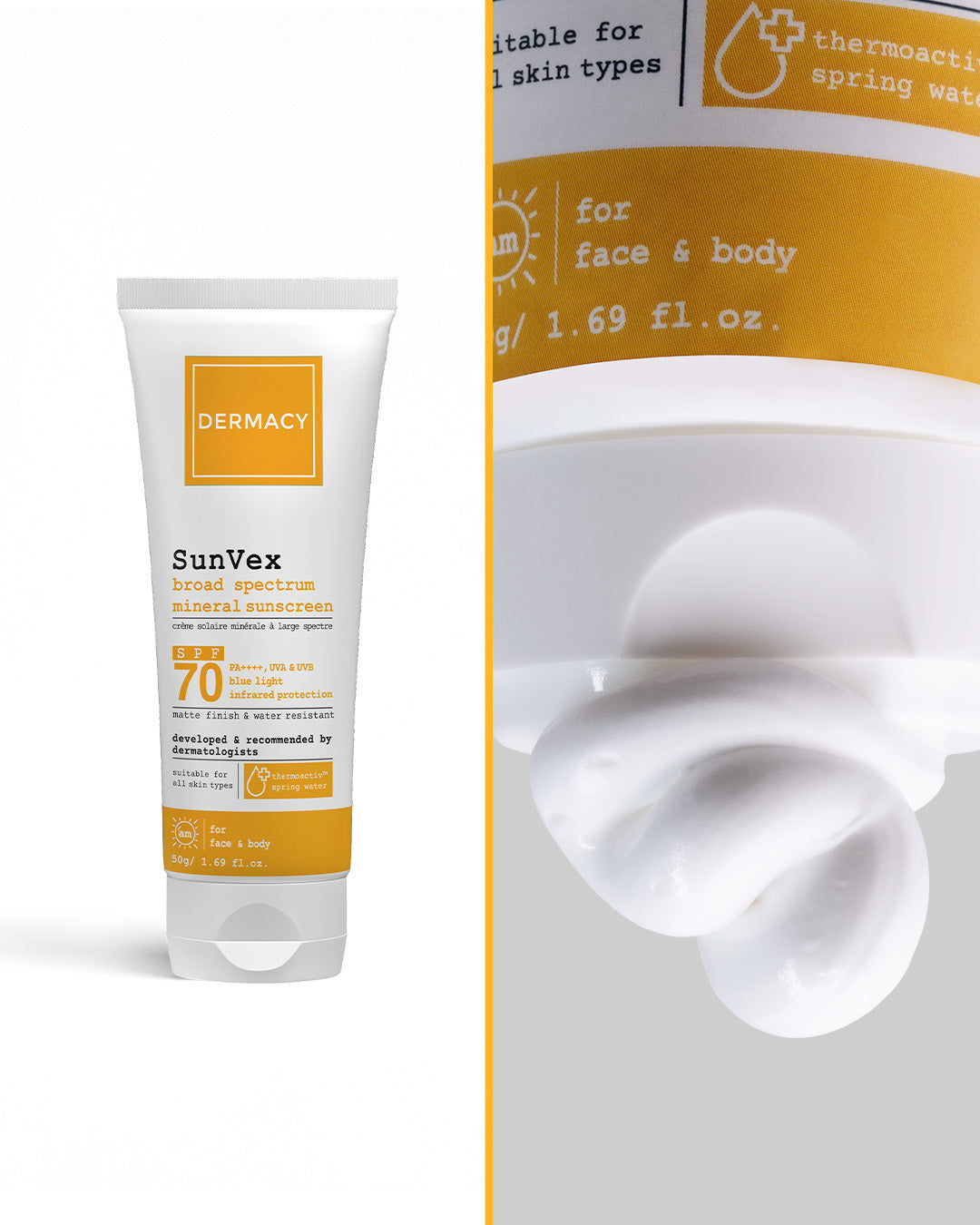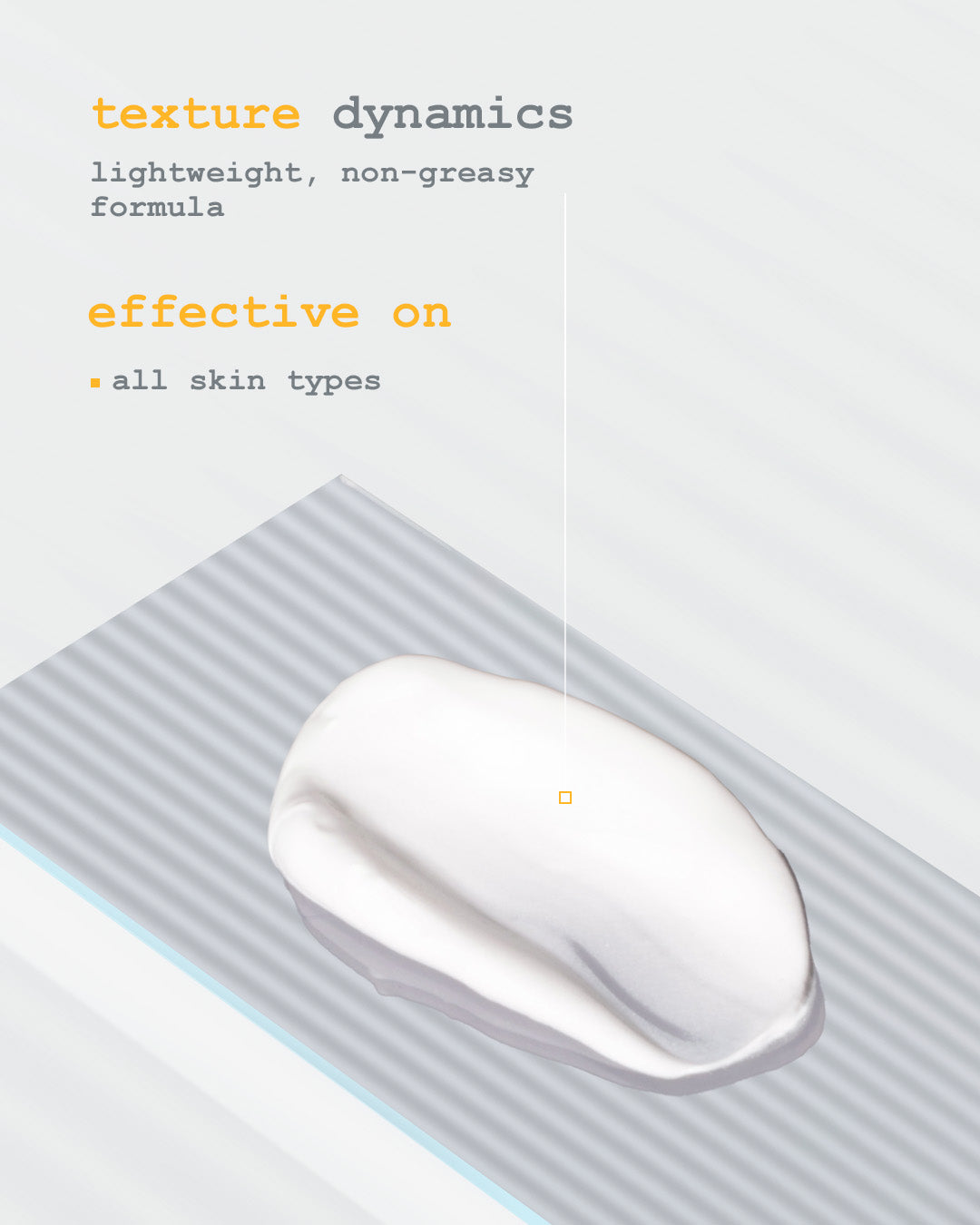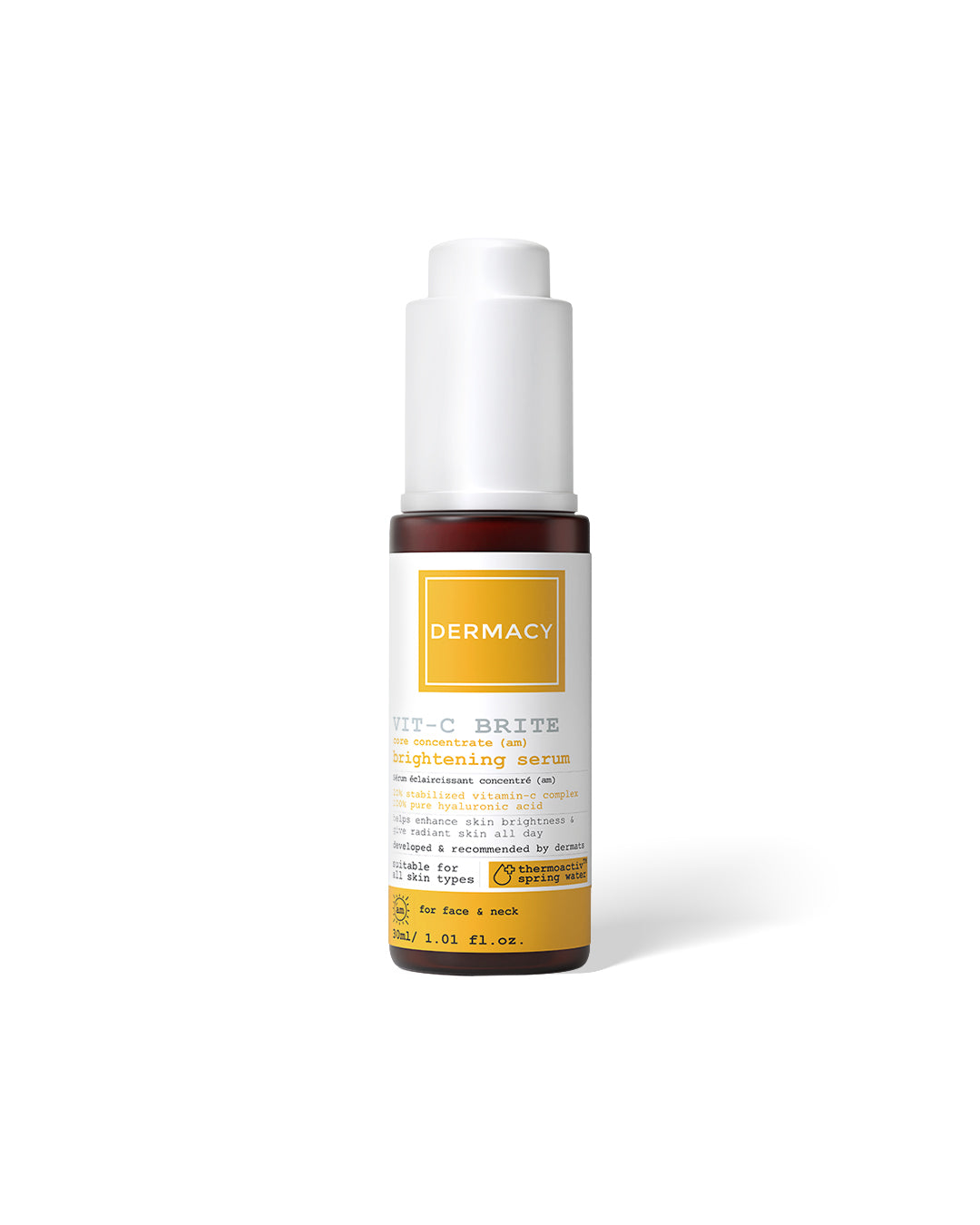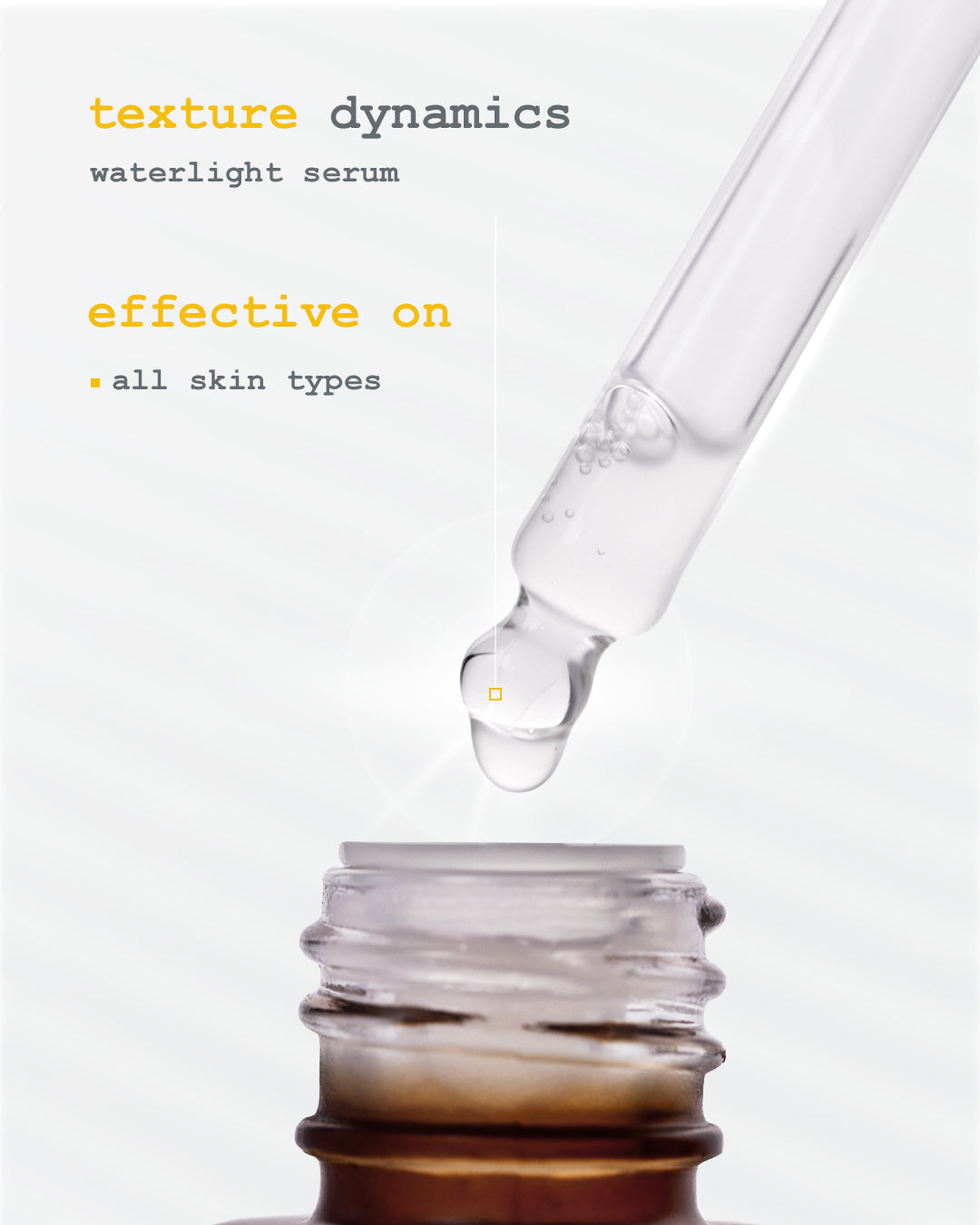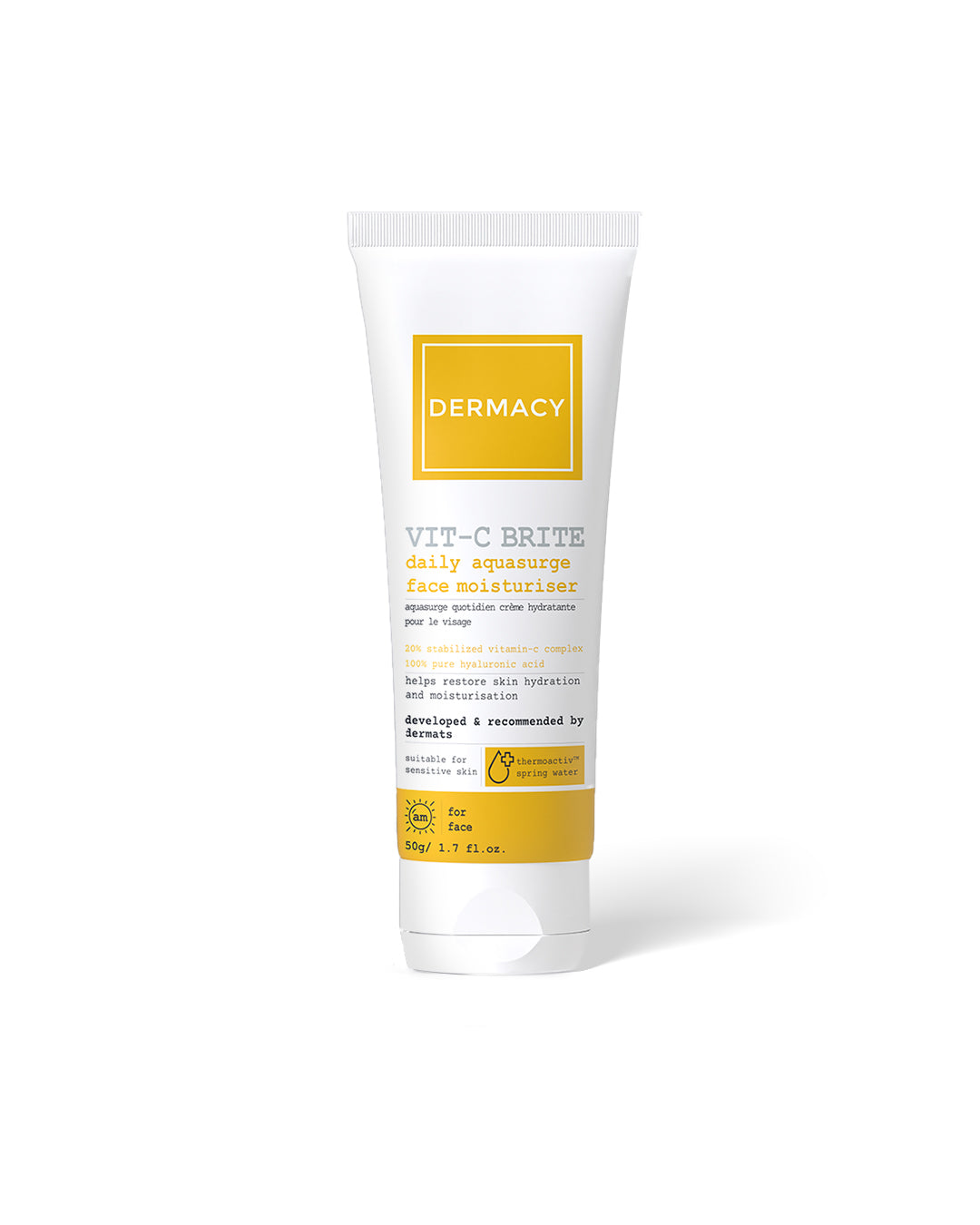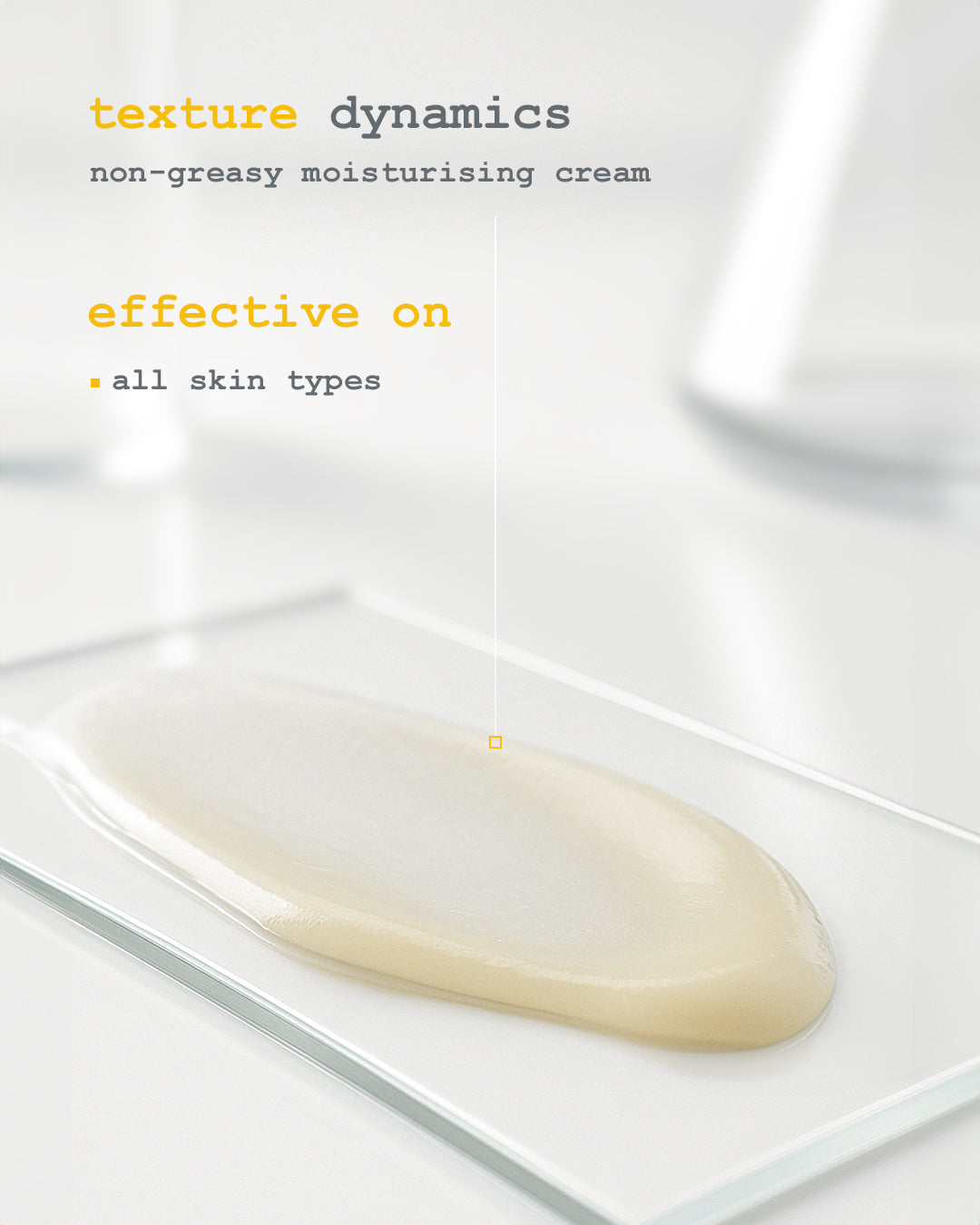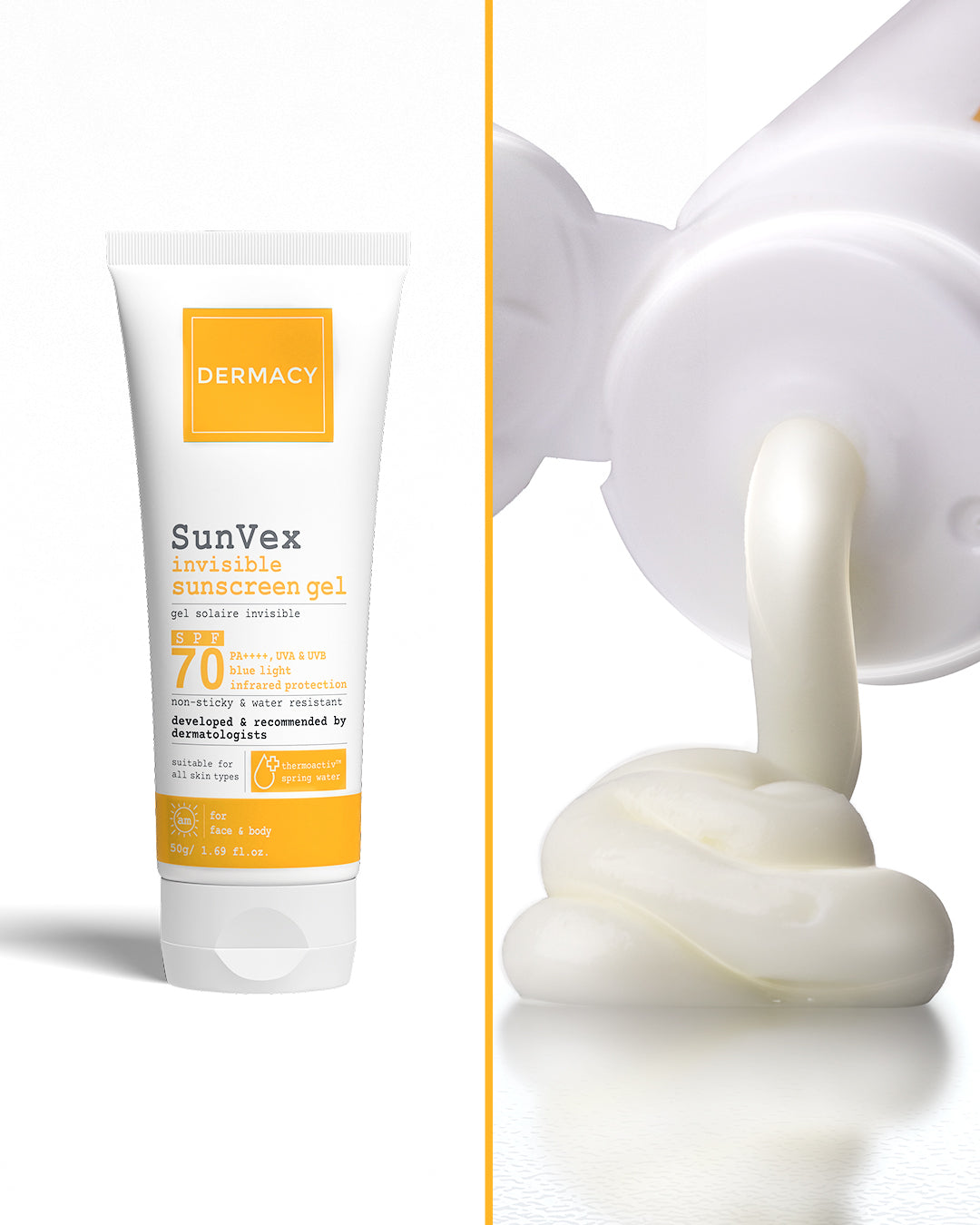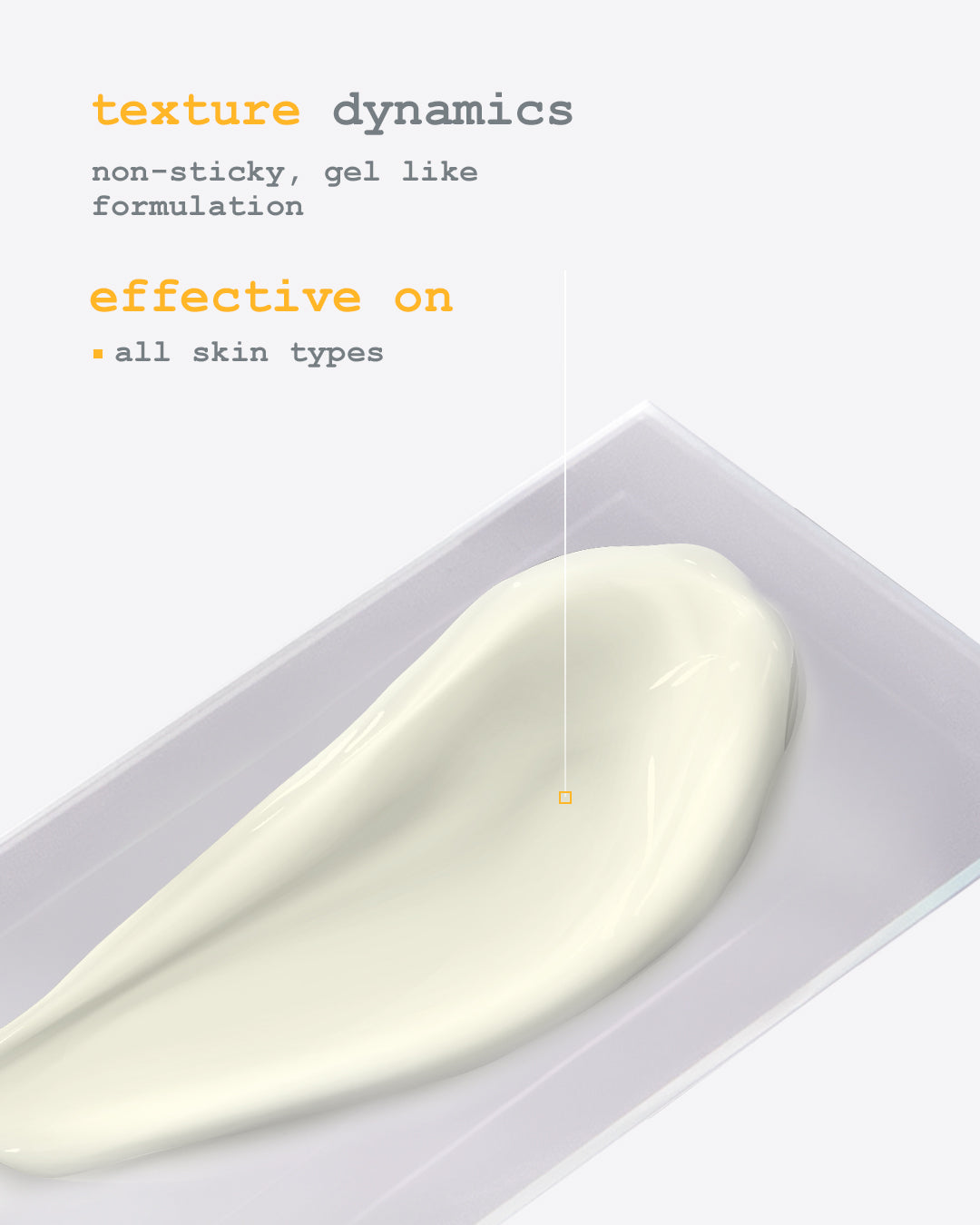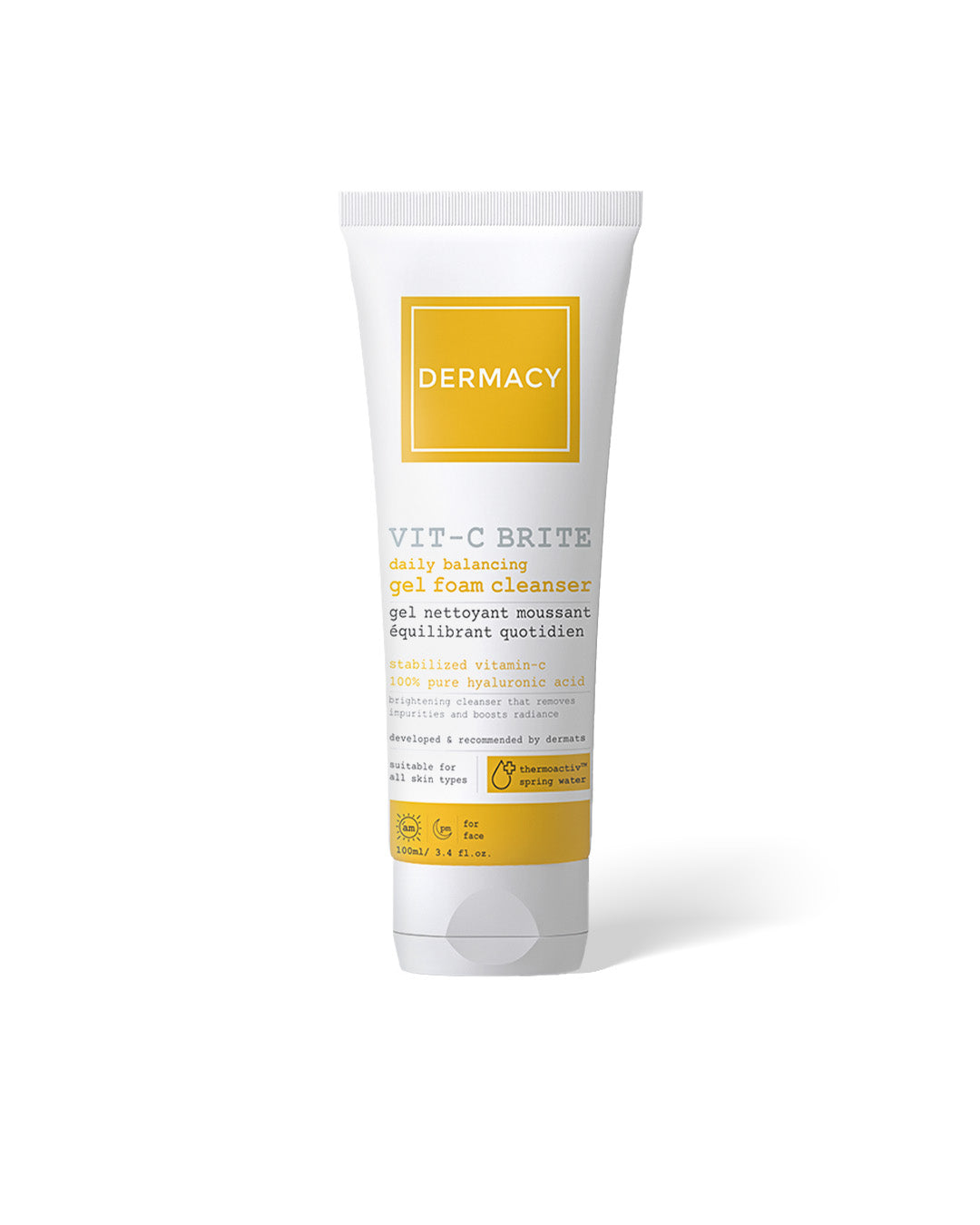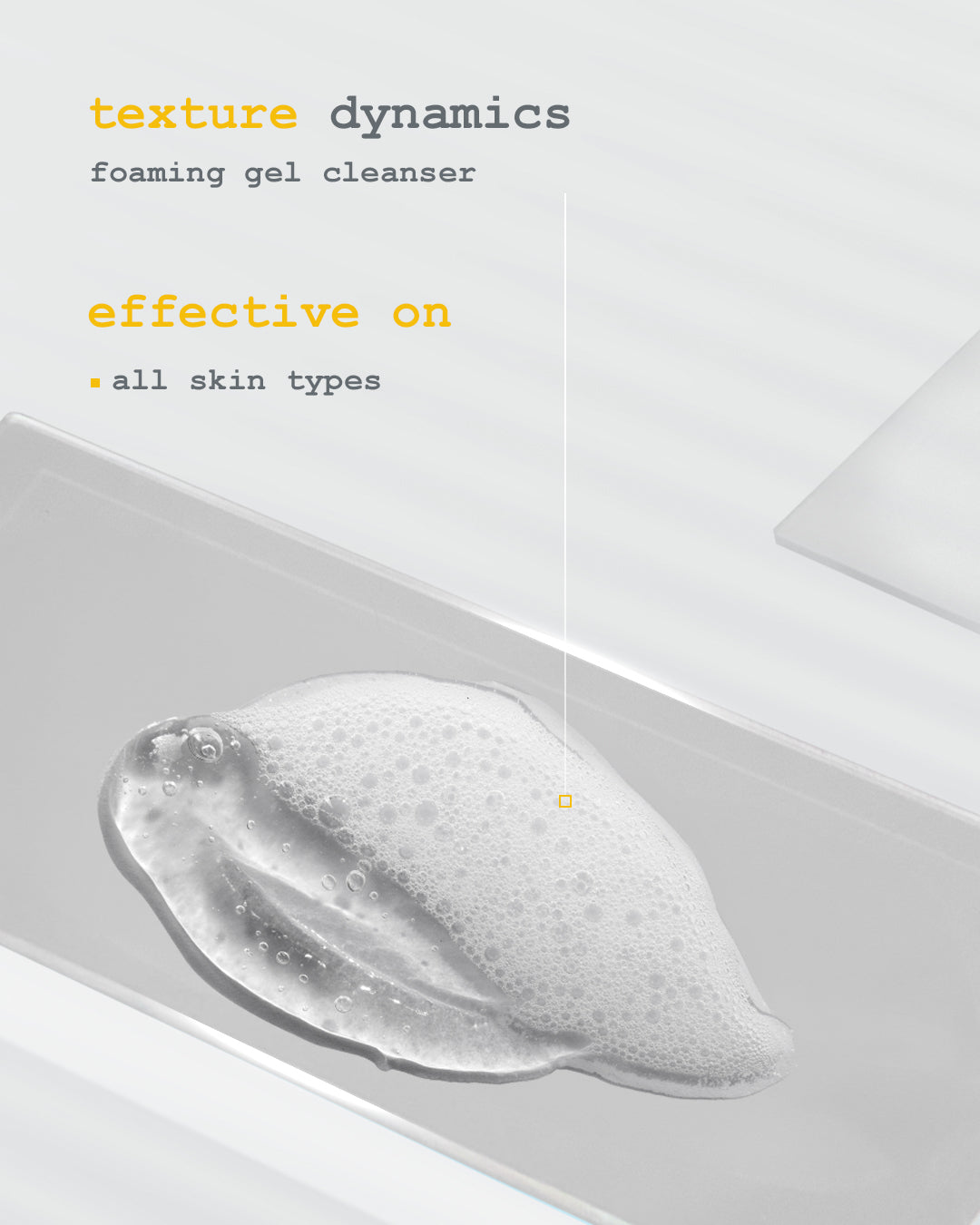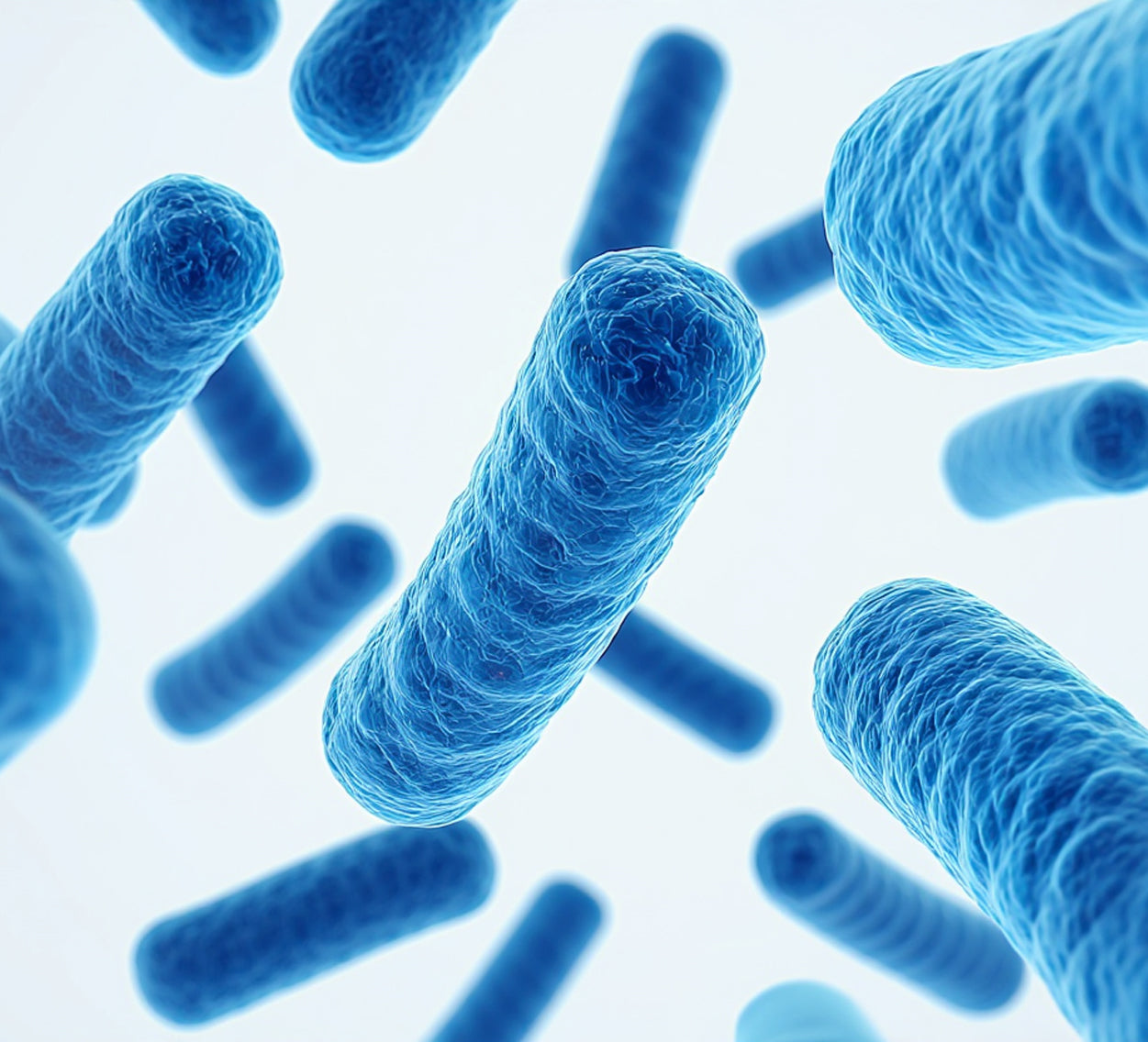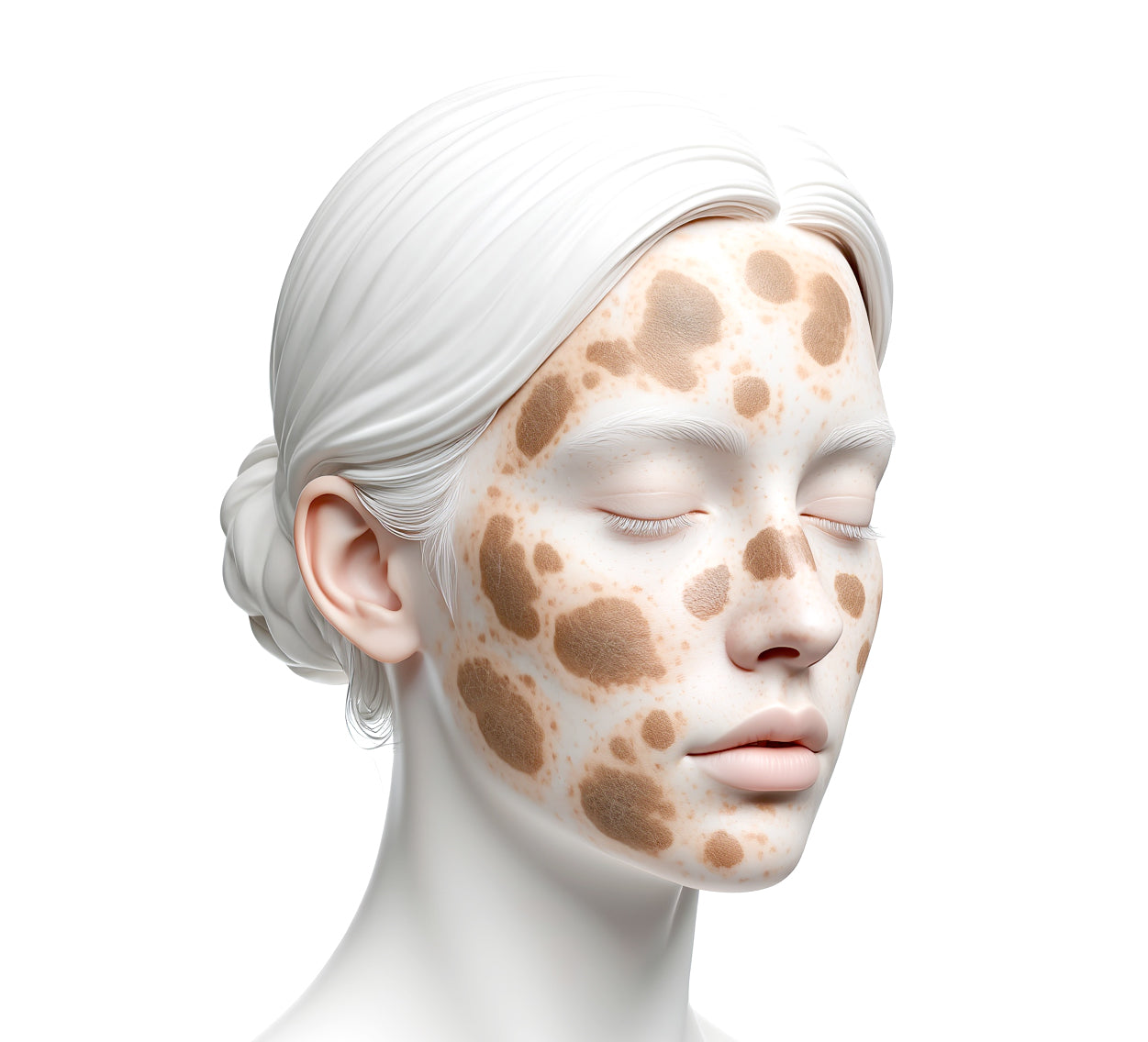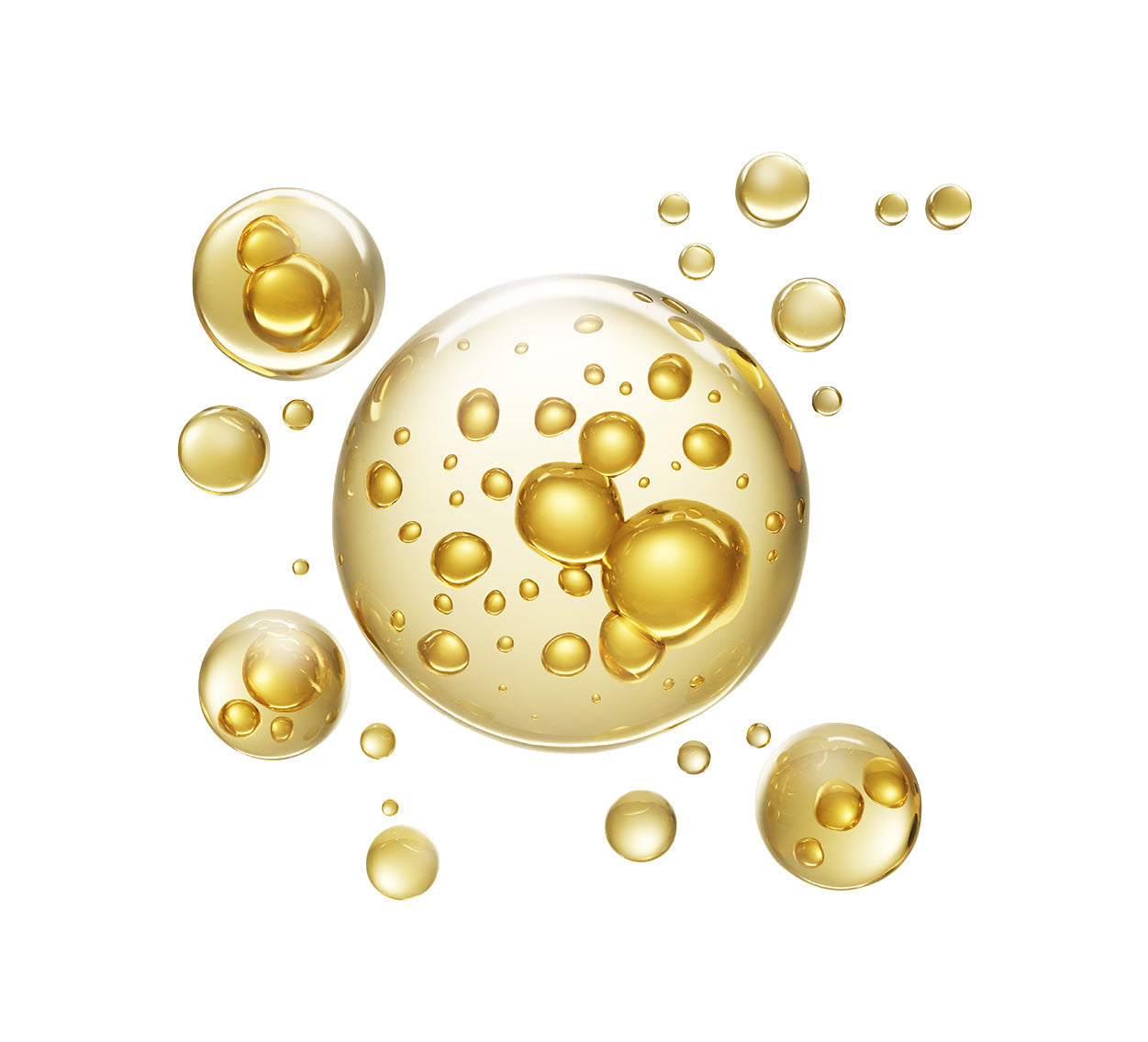Biotin for Skin Barrier Repair: What You Need to Know
What Is Biotin?
Biotin is a water-soluble B-complex vitamin essential for metabolizing proteins, fats, and carbohydrates. It’s naturally found in foods like eggs, seeds, nuts, and dairy. While biotin deficiency is rare, it can cause irritated skin, brittle nails, and hair thinning.
How Biotin Supports the Skin
Biotin is crucial for keratin infrastructure, which affects hair, nails, and skin texture. In dermatology, it's often used to help improve skin hydration and repair damaged skin barriers—particularly in individuals who are deficient.
Key skin benefits of biotin include:
- Boosting fatty acid production for smoother skin
- Enhancing keratin support for barrier resilience
- Potential antioxidant properties for cellular repair
- Improving skin hydration in biotin-deficient individuals
- Soothing irritated skin and flakiness
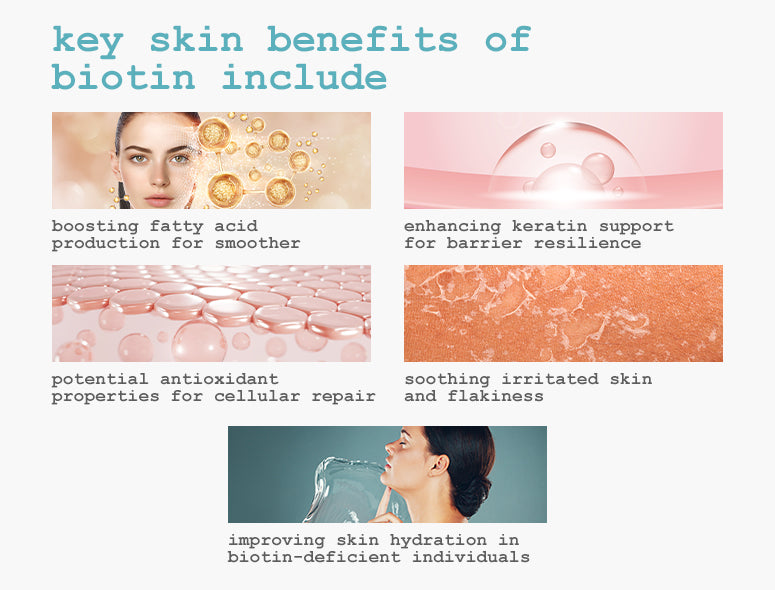
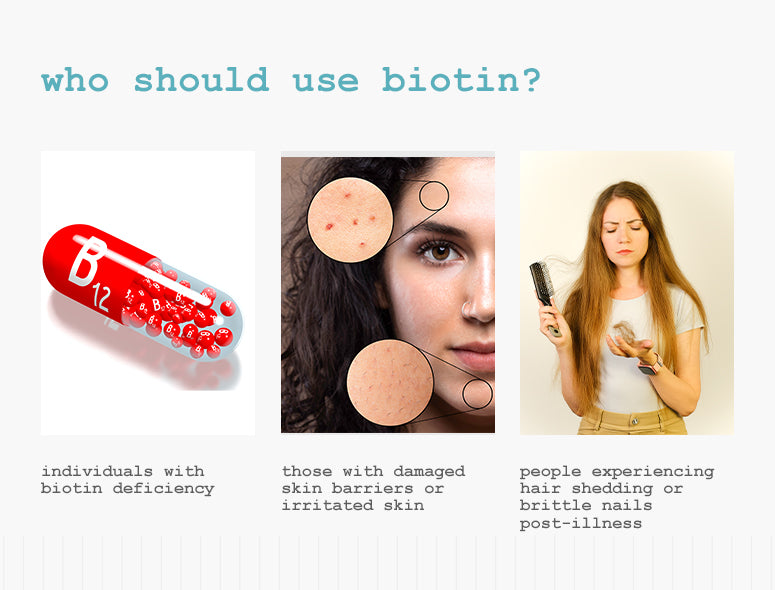
Biotin Uses: Topical vs. Oral
Many products now feature topical biotin for glowing skin or smoother texture. However, topical absorption is limited. Oral biotin remains more effective, especially for long-term support of skin barrier repair.
Who Should Use Biotin?
Biotin is most effective for:
- Individuals with biotin deficiency
- Those with damaged skin barriers or irritated skin
- People experiencing hair shedding or brittle nails post-illness
Biotin for Hair and Skin: A Combined Benefit
Biotin is often taken for hair health, but its role in skin health is equally valuable. When paired with protein or collagen, it can amplify benefits across both biotin skin benefits and hair support.
Safety & Side Effects
Though generally safe, excess biotin may cause:
- Lab test interference (especially thyroid and cardiac tests)
- Breakouts in some users due to vitamin B5 imbalance
How to Use Biotin Safely
If biotin is recommended, dermatologists typically suggest doses between 2.5–3 mg/day. However, more is not always better—especially in the absence of a confirmed deficiency.
Supplement Smartly:
Opt for trusted formulations with transparent labeling, and avoid stacking multiple biotin-containing products.
Pair with Protein or Collagen:
These support keratin and elastin production, amplifying biotin’s benefits.
Monitor Your Skin Response:
If breakouts or discomfort arise, consider pausing supplementation and reassessing with your dermatologist.
Final Takeaway
Biotin plays a valuable role in skin barrier repair, skin hydration, and overall skin health—especially in those with deficiency. While not a universal solution, it offers real benefits when used mindfully. For those dealing with damaged skin, dull texture, or biotin-related issues, it may be the support your skin has been missing.





